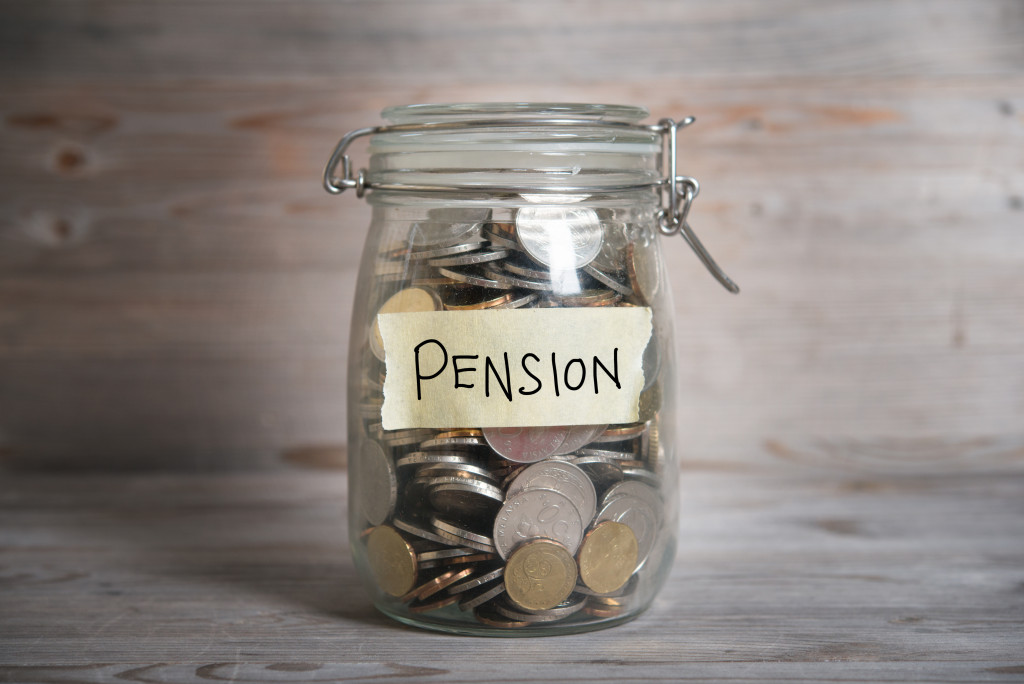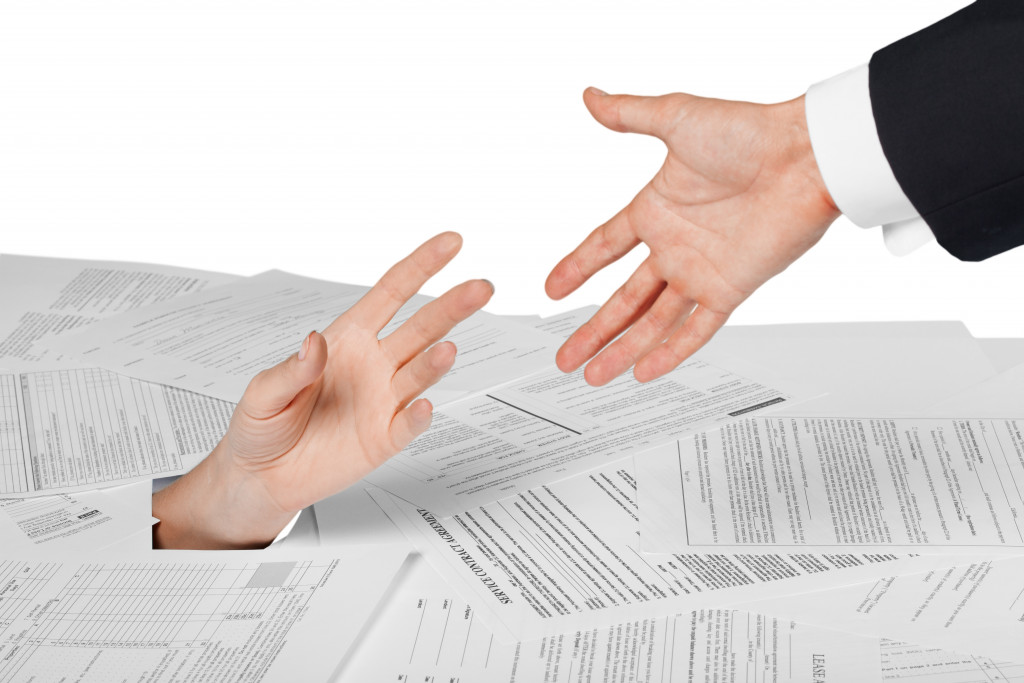As a small business owner, you are likely always looking for ways to reduce costs. One area where you may be able to save money is your taxes. Many small business owners are unaware of the many tax reliefs available to them. You should know that there are several ways to reduce the tax you owe on your small business.
Here are some tips for relieving tax costs on your small business:
1. Claim all deductions and reliefs that you are entitled to.
There are many deductions and reliefs available to small businesses, so make sure you take advantage of all you are eligible for. This can help to reduce your tax bill significantly.
One of the most common deductions is the small business rate relief, which can reduce your business rates by up to 100%. This relief is available to businesses with a rateable value of less than £51,000. When claiming this relief, you will need to provide evidence to the local authority, such as your most recent business rates bill.
You can also claim capital allowances, which are available on certain types of equipment that you purchase for your business. These rates can help you save money on your taxes by allowing you to write off a portion of the cost of the equipment over time. You can work with an enhanced capital allowances consultancy service to ensure you take advantage of all the available allowances.
Another way to reduce your tax bill is to use the research and development tax credit. This credit is available to businesses of all sizes undertaking research and development activities. The credit can be worth up to 230% of your qualifying costs.
2. Use tax-efficient methods to finance your business.
Depending on how you finance your business, you may be able to reduce your tax bill. One way to do this is to use equity financing, which can provide tax relief through capital gains tax exemptions. Venture capital trusts and enterprise investment schemes are examples of equity financing that can offer tax breaks.
Venture capital trusts invest in a wide range of small businesses, while enterprise investment schemes are focused on investing in start-ups. Both types of equity financing can offer significant tax breaks if you are eligible.
Another way to reduce your tax costs is to use debt financing, such as business loans. The interest on business loans is tax-deductible, which can help reduce the amount of tax you owe. You only need to be careful with debt financing if your business is not doing well, as you could end up with personal liability for the debt.
3. Use tax-efficient products and strategies.
Many tax-efficient products and strategies can help to reduce your tax bill. One way to do this is to use an employee share scheme. This scheme can offer significant tax breaks to businesses, as it allows employees to own a portion of the company. They will then pay capital gains tax on any profits they make when they sell their shares.
Using a pension scheme can also help to reduce your tax bill. Employers can get up to 45% relief on their pension contributions, while employees do not have to pay any income tax on their contributions. This can help reduce the tax you owe on your small business.

4. Move some of your income into a tax-free environment.
If you are a small business owner, you may be able to move some of your income into a tax-free environment, such as a pension scheme or an individual savings account.
A pension scheme is a long-term investment, so you will not be able to access the money until you retire. However, you can get tax relief on your contributions, and you will not have to pay any tax on the money when you retire.
An individual savings account is a short-term investment, so you can access the money anytime. However, you will not get any tax relief on your contributions, and you will have to pay income tax on any interest you earn. But this can still be an excellent way to reduce your tax bill.
5. Review your tax position regularly.
Reviewing your tax position regularly is essential, as the tax rules and regulations can change over time. This means that what was once a valid way to reduce your tax bill may no longer be available.
So, it is crucial to keep up to date with the latest changes to the tax rules and review your tax position regularly. This will help ensure that you are taking advantage of all the available allowances and deductions and that you are not paying more tax than you need to.
These are just a few tips for reducing your tax bill. For more information, speak to an accountant or financial advisor. They can give you specific advice on how to reduce your tax bill. Remember, though, that tax avoidance is illegal and can result in hefty fines. So, make sure you take advice from a reputable source before taking action.

